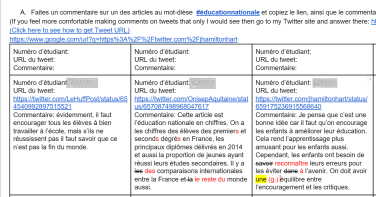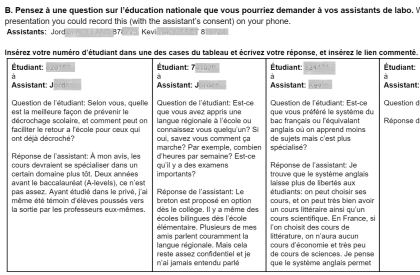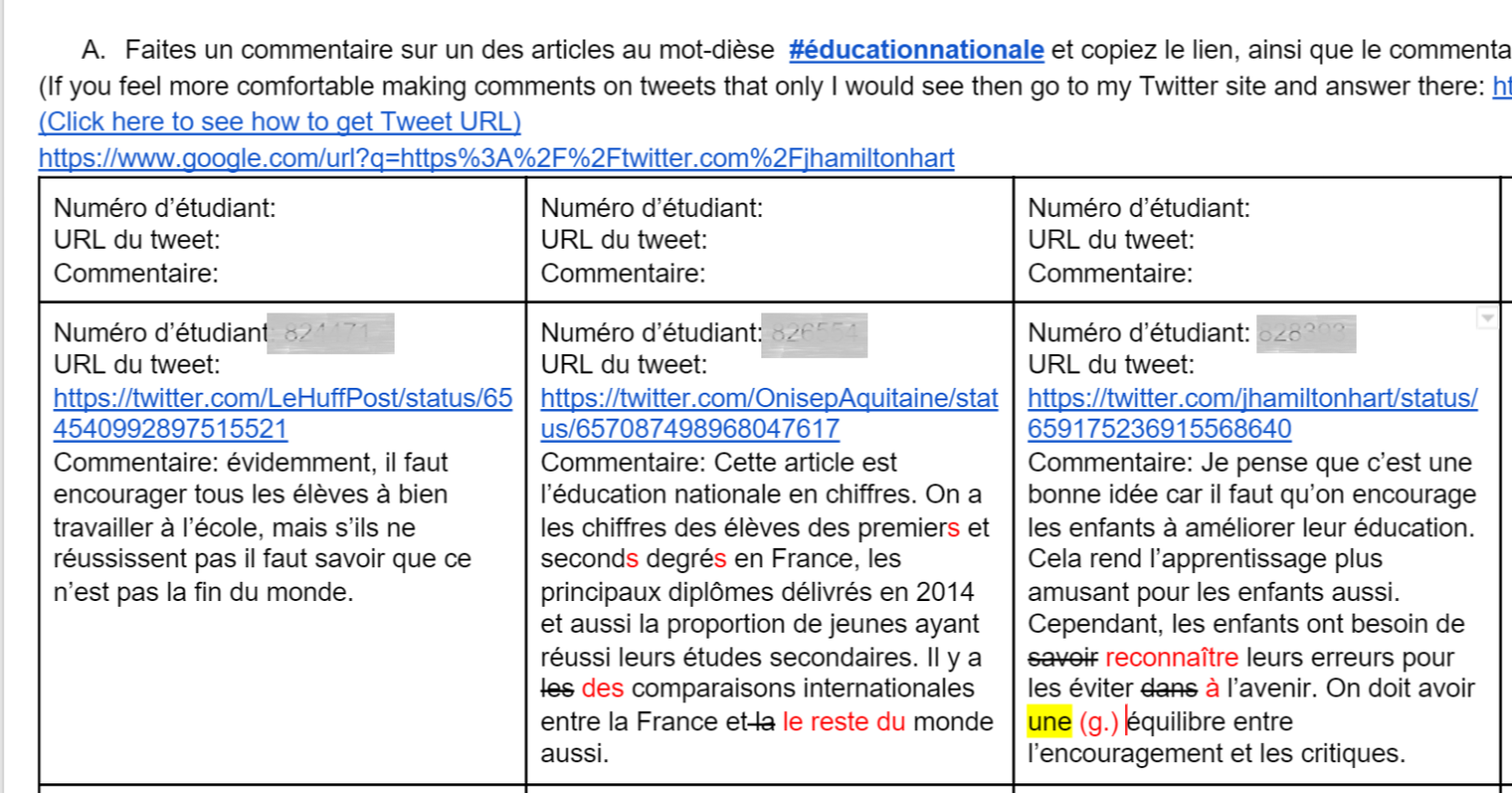Twitter is catchy; and having ignored it for most of the past few years, I now find it an irresistible alternative that sits somewhere between a serious endeavour and passive moment.
Twitter was off-putting because of its reputation for duplicating celebrities’ ergonomics, physical movement, diet and joy without an analytical filter. This was of course a stereotype that hid the truth about the potential for streaming hyperlinks on sujects chosen specifically.
“where can i get one of those kim kardashian or paris hilton jobs where they just kind of pay you to exist”
The above Tweet epitomizes why I didn’t follow through with the application at first (for the last 10 years), though now , come to think of it, that might be a very good basis for a more basic language activity, or even one that tried to find idiomatic and familiar collocations in a target language.
Twitter is now the intermediary between the searchable online newspaper, with any political slant it may adopt or prefer, and a ‘Google’ search, which reveals the most popular first, and perhaps also those most willing to spend for their search engine optimization.
In the context of the activity I gave my students today, Twitter provided an alternative to French government websites about education, where clearly it is in the interest of the government to portray their numerous reforms in a good light, i.e.;
“Les 8 mesures de l’#education pour faire vivre l’égalité et renforcer la citoyenneté”
“The 8 reforms of National Education to promote equlity and reinforce the sense of citizenship”
Amongst the tweets I had mostly collated myself for the given hashtag were some cynical takes on recent reforms of the end-of-year report that avoided stigmatising students by note giving them actual grades; instead colours are given to soften the blow.
There is a very practical point to having satirical material in amongst the best efforts of the ruling party to justify their stance and actions. These satirical or cynical elements do not change the students into subversive, potentially offensive, lop-sided intransigents, but rather allow them another point of entry into the sometimes complex material made unpenetrable by the forced aura of positivity needed to push a point for a reform across.
The first activity was to have students reply to a tweet from the chosen hashtag list of tweets (in this case #educationnationale). They have to paste their reply and the tweet’s URL in a Google Document hyperlinked to from the University’s CMS .

The second activity was to have students ask a question via the Google document to the lab assistants, who are native French speaking Erasmus students. With this section, the ingredient of oral participation was achieved since the aim of this Google Docs/ Twitter research is to prepare for an oral Powerpoint presentation about French Education.
I feel as though student participation in a lab environment is equivalent to swimming against the stream, since students can get engrossed in their work on-screen and sometimes conveniently shield themselves from any active and potentially challenging activities. It is really my aim to have the students and Erasmus assistants make the most of their cultural and linguistic intercourse. For this reason I suggested they might want to add a soundbite or short video of a native speaker explaining issues he or she knows much better than we do.

The third activity was to have student Tweet existing links to articles about education, adding their own commentary. By so doing students familirize themselves with an increasing number of topics for their final Powerpoint presentation, for which they need to choose a particular subject/ topic:

The fourth activity, which neither group had time for, was to collate links into the Google document about one aspect of French education, taken from different angles and from different sources.
Taking the time to familiarize students with Twitter is very useful for them, because it is not a natural leaning for most of them to select sources of information which could be useful for their studies in this way. Information on Twitter is varied, as are opinions, and so provide more than just a two-way discussion between and accepted view on a topic and their own.
Some views on Twitter may be more cynical than is normally expounded in an Academical environment, yet they are usually reactions that are visible in the way they are connected to the main outlet of information. Rather than being confronted with having to expound their own opinion on a subject, they can borrow from views that deviate from the source of the information in order to find different angles to a subject, and in this way multiply they points of perspective.

Attractive part of content. I simply stumbled upon your web site and in accession capital to assert that I
get in fact loved account your blog posts. Anyway I will be subscribing in your augment or even I fulfillment
you get entry to persistently rapidly.
LikeLike
Thank you Marcelino. Encouraging comments always welcome. THe website is in pure development. Thank you for following!
LikeLike